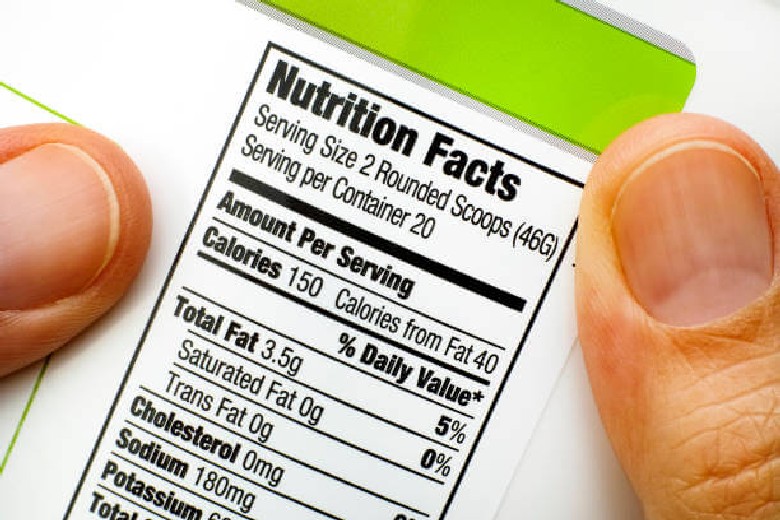How to read food labels
Nutritional information on food packaging is a very powerful weapon for the consumer who wants and needs to know what his food contains. By learning to read and interpret nutrition labels, where the manufacturer states the essential nutrients found in a product, we make more informed choices.
Our needs, of course, lead us to focus more on specific product ingredients, for example a person with diabetes will focus mainly on the carbohydrates and sugars of a food, but let's look at all the ingredients that are required to be in labels:
- Ingredients: All ingredients are listed in order of content in the food, from the largest quantity, to the ingredients that are in smaller quantities. It will also indicate if the product contains an allergen. Foods with very long lists of ingredients, weird words and lots of E's are probably very processed.
- Portion size: The nutritional analysis is based on one portion (to be indicated with specific grams or 100g of the food), not necessarily in the whole packaged quantity.
- Calories / Energy
- Protein
- Fats: Here we have 3 types. First we have unsaturated fats, mainly ω-3 and ω-6, which protect the cardiovascular system, and have other benefits, so we prefer them. Second, we have saturated fats, which are commonly found in animal products. We try to consume them in moderation, as they raise the cholesterol in the blood. Finally, trans fats, which are the most aggravating for the body and are associated with health problems, and therefore we avoid them as much as possible.
- Carbohydrates: Under the carbohydrates will be written possibly one gram of fiber, and definitely the note "of which sugars", ie how many grams of carbohydrates are simple carbohydrates. Usually, foods high in sugar are of low nutritional value. Just one teaspoon of sugar corresponds to 4g, and with this we can calculate how much sugar a product contains.
- Salt (sodium): The recommended amount of salt should be less than 6g. (or 2.4 g of sodium) per day.
Maira Stefanakou, Dietitian - Nutritionist
HR. PSYCHOLOGY - TODAY

